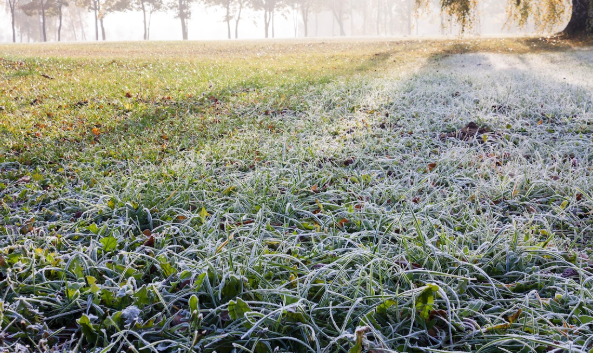How to Prepare Your Garden for Winter
With the monsoon coming to an end, annual vegetables retreat into their underground hibernating homes to take recluse from the heavier frosts. After the lively garden flourishing throughout the year from the spring planting to the summer harvest you might find it difficult to close the doors of your garden for the winter. But the arrival of fall doesn’t yet ask you to retreat from your garden. There’s more you can do in fall also, and prepare your garden for the winter.
A few necessary steps that you take now can reduce the labour and effort that you have to put in during the coming spring. So here we have listed ten things you can do before putting your garden to sleep for the winter.
Clear up the plant leftovers: Rotting and finished plants act as nourishments or diseases, pests and funguses. So when the winter comes, it is always a good idea to remove spent plants from the soil surface and bury them in your garden trenches. This will add organic matter to your soil as well as prevent pest attacks in the springtime.
Uproot invasive weeds: Dig up the invasive weeds and place them in the trash or burn them on the burn’s piles.
Prepare your Soil: Fall tilling improves the drainage of the soil. Add amendments like manure, compost, kelp, rock phosphate and bone meal to the soil now to give it time to break down and become biologically active before spring. Cover the soil with a plastic sheet so that the winter rains don’t wash away the nutrients you have added.
Plant Fall Cover crops: Cover crops add nutrients to the soil. Sow fall cover crops such as rye, vetch or clover.
Divide the overcrowded plant bulbs: During the growing season, the plants seem to grow together and result in a crowded cluster. When the bulbs have fallen asleep, dig them out, divide the crowded bulbs and replant them giving them space for growth during the next season.
Run maintenance for your tools: Wash your tools to clean dirt and debris. Remove the rust with sandpaper or a wire brush and then sharpen them with a mill file. Finally, oil them using machine oil.
Trim Perennials: During fall trim perennials such as rosemary, thyme, fennel, asparagus, rhubarb and sage. Remove the spent crossing canes and clean up the plants.
Add winter mulch: Winter Mulching reduces water loss, erosion, regulates soil temperature & moisture and inhibits weeds. Later on, as the mulch breaks down it adds more organic material to your soil.
Review the plants and plan out for the coming year: Now that the garden is about to fall asleep, it’s the perfect time to review your year’s harvest and access the plants you will plant in the next season. Identify and note down the mistakes you made in this season to ensure you don’t repeat them the coming year.
Build your fall compost heap: Built your all compost with plenty of autumn leaves, kitchen scraps, sawdust, straw and other green matter and keep the microbes working a little bit longer before winter.
